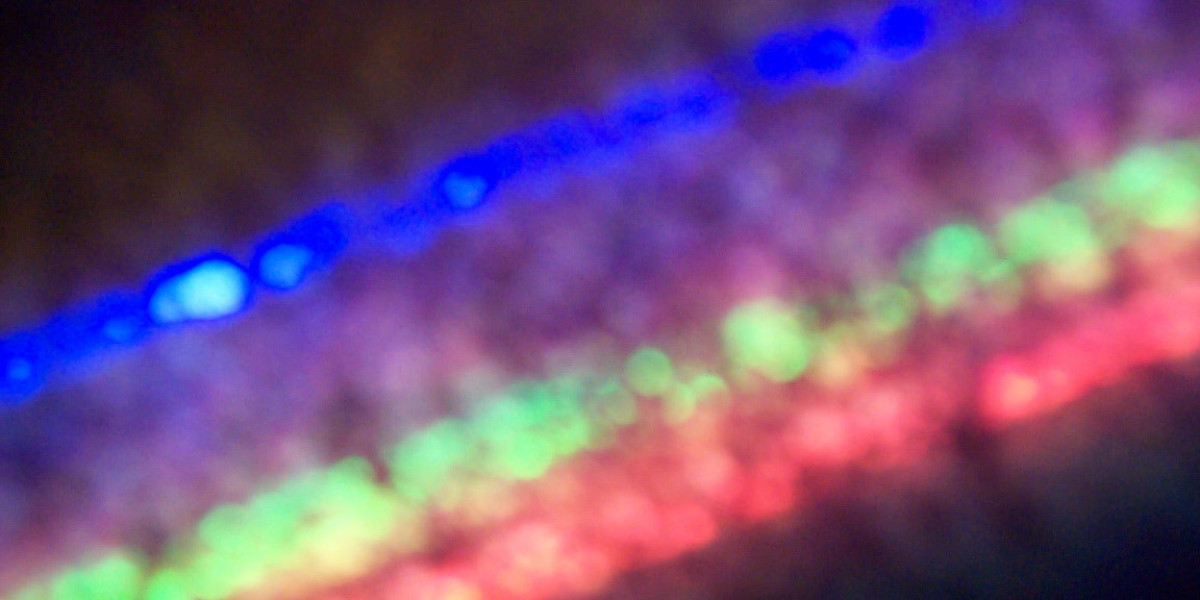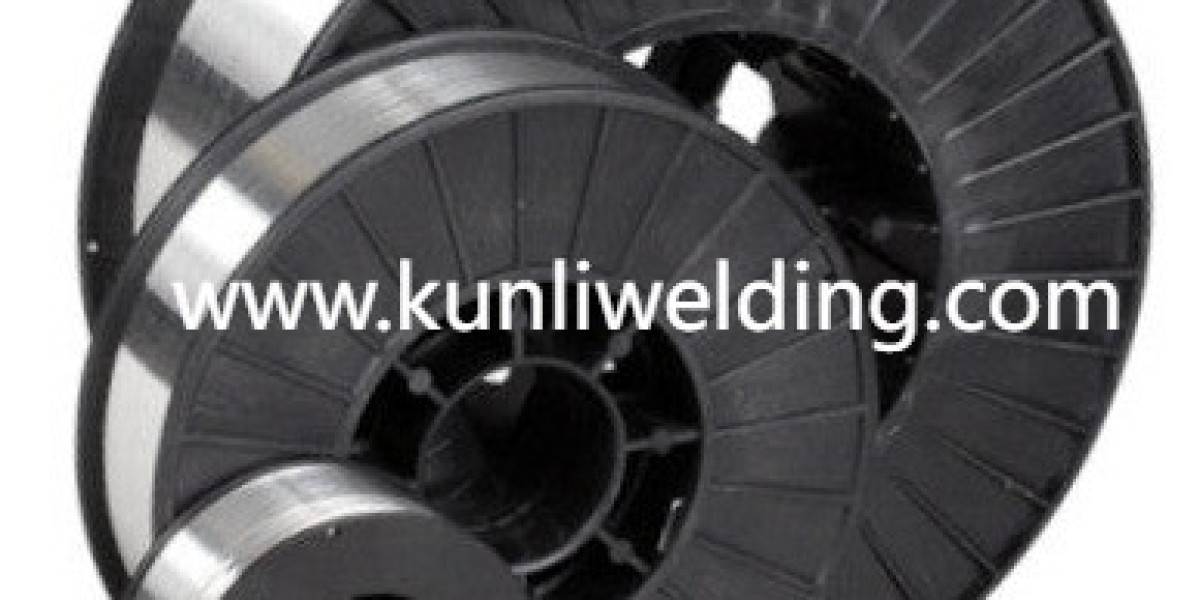Peptide KPV is a small, naturally occurring tripeptide composed of the amino acids lysine, proline, and valine. It has gained significant attention in biomedical research due to its potent anti-inflammatory properties, which are mediated through modulation of the NLRP3 inflammasome pathway. By selectively inhibiting this key inflammatory cascade, KPV can reduce the production of interleukin-1β and other pro-inflammatory cytokines, making it a promising candidate for therapeutic intervention in conditions such as rheumatoid arthritis, ulcerative colitis, and certain neurodegenerative disorders.
The molecular structure of KPV allows it to interact with specific receptors on immune cells, leading to decreased activation of macrophages and neutrophils. In preclinical studies, oral or topical administration of KPV has shown marked reductions in tissue inflammation and edema. Its safety profile is favorable, https://autovin-info.com with minimal reported side effects even at higher dosages. Because of these attributes, researchers are exploring formulations that improve its bioavailability, including encapsulation within lipid nanoparticles and incorporation into biodegradable hydrogels for sustained release.
Commercially available peptide KPV products typically come in powder form for laboratory use or as pre-dosed solutions ready for injection. The most common commercial variants include:
- Pharmaceutical grade KPV powder (≥ 95% purity) suitable for research and development purposes.
- Sterile, preservative-free KPV solution at concentrations of 0.1 mg/mL to 10 mg/mL, intended for intravenous or subcutaneous administration in animal models.
- Lyophilized KPV kits that can be reconstituted with sterile water or buffer, allowing for flexible dosing schedules.
- Neutralizing antibodies against pro-inflammatory cytokines (IL-1β, TNF-α) to validate the anti-inflammatory effect of KPV.
- Fluorescently labeled dextran particles for tracking nanoparticle delivery systems that carry KPV.
- Enzyme‐linked immunosorbent assay kits designed to quantify inflammasome activity in tissue samples treated with KPV.
- Alcohol pads (10 units) – These are 70% isopropyl or ethyl alcohol wipes used to disinfect skin prior to injection and to clean equipment surfaces.
- Syringes (10 units) – Sterile, single-use syringes with appropriate gauge (commonly 25G for subcutaneous injections) that can be filled with the KPV solution.
In summary, peptide KPV stands out as a potent anti-inflammatory agent with strong therapeutic potential across multiple disease states. Its commercial availability in high-purity forms, coupled with complementary research tools such as cytokine antibodies and delivery nanoparticles, provides a robust platform for both basic science investigations and translational studies. For researchers preparing to use KPV, the inclusion of alcohol pads and syringes in their supplies list is essential to uphold sterile conditions and ensure precise administration, thereby maximizing the peptide’s efficacy and safety profile.






